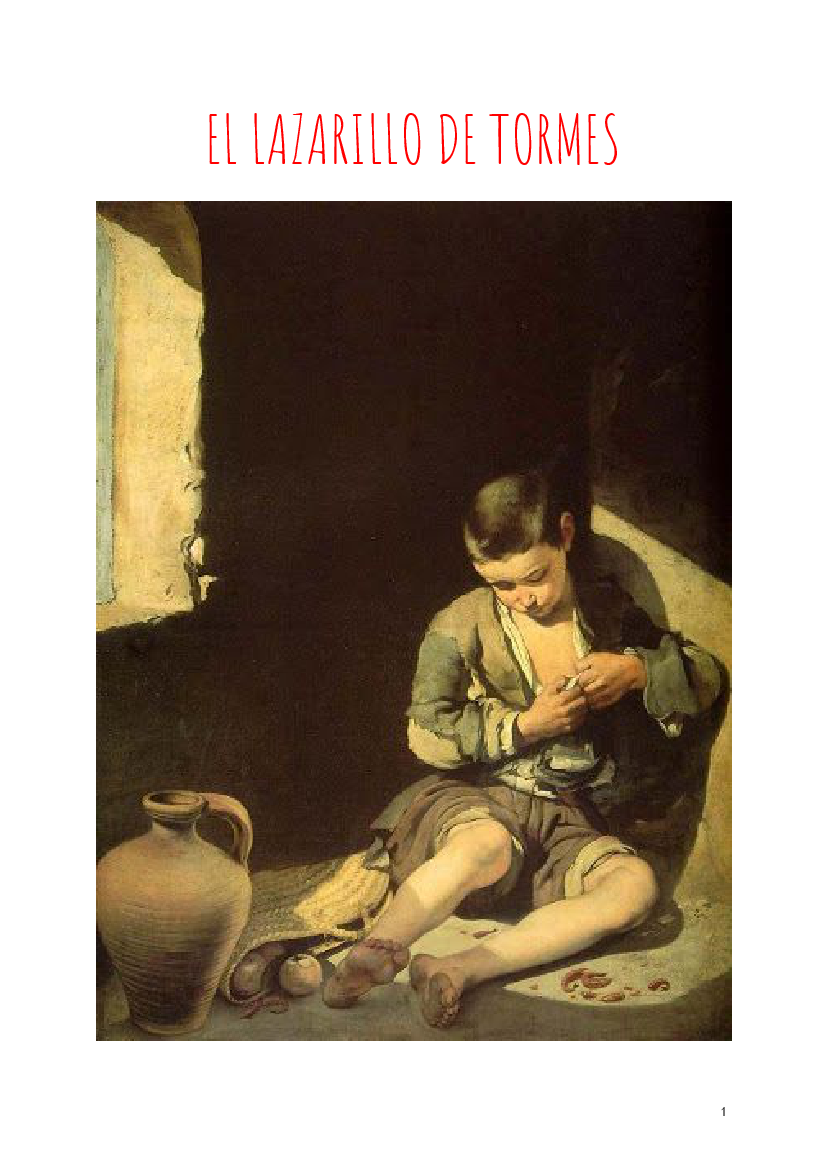

Guzman de Alfarache's similarly materialistic concerns, plus his past instances of hypocritical piety, make his promised reform (the incomplete work ends with this promise at the conclusion ofPart Two) less than totally convincing.

Moll Flanders'various attempts at reform fall quick victim to “necessity” and natural weakness until she gains a large measure of prosperity in the Nc:w World morality thus appears much too closely linked with material well-being to be fully genuine. Lazarillo de Tormes' morality rings strident and hollow as he tries to defend his obviously disreputable status of lowly town-crier and cuckold. For nine and one-half books, Lucius Apuleius provides pure entertainment ranging from the lyrical to the bawdy, then tags on a fervent conversion in the final book in an apparent effort to avoid charges of total frivolity in his work. David Copperfield's narrative, links the narrated and narrating “I's” of the picaresque autobiography, creating a cleft which most of these little-educated but verbally adroit narrators are unable to bridge successfully. Hence, no organic development, such as found in e.g. The moral reform or religious conversion undergone by the picaro is in most cases a spontaneous occurrence sparked by misfortune, despair, punishment, or the threat of death. The reformed picaro's narrative situation – an older moral or religious convert recounting the roguish adventuresof his earlier life– presents a problem which only the most skilled and conscientious of these picaresque narrators can begin to handle successfully.


 0 kommentar(er)
0 kommentar(er)
